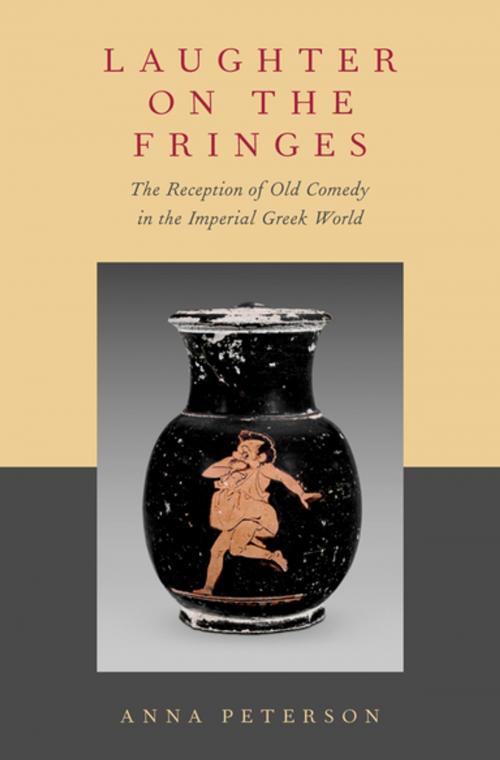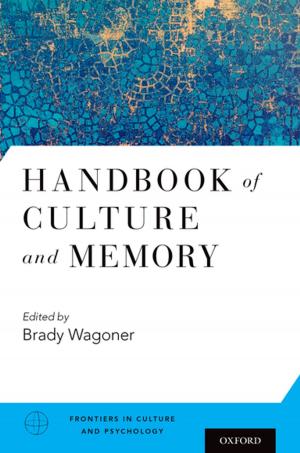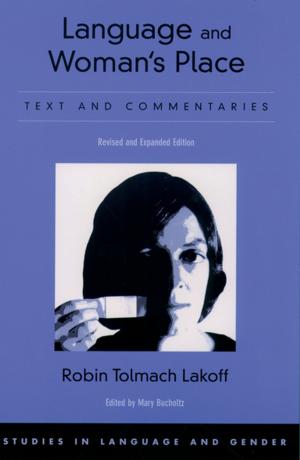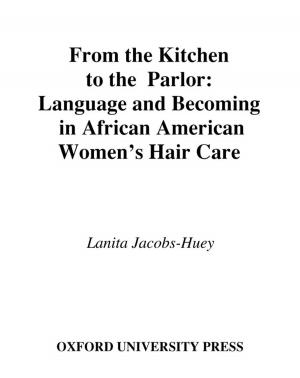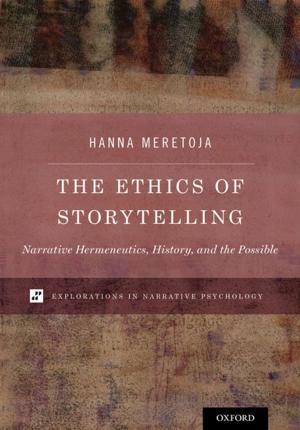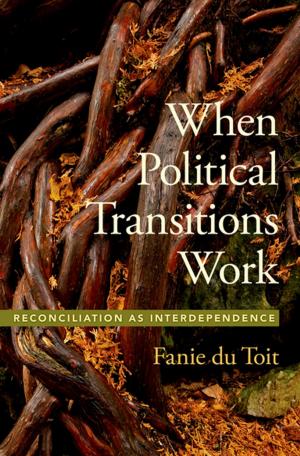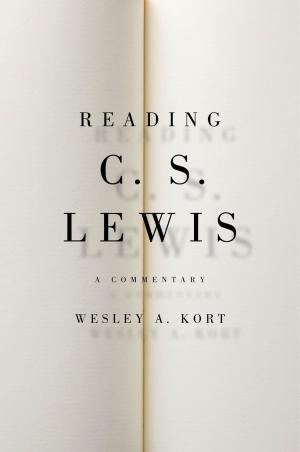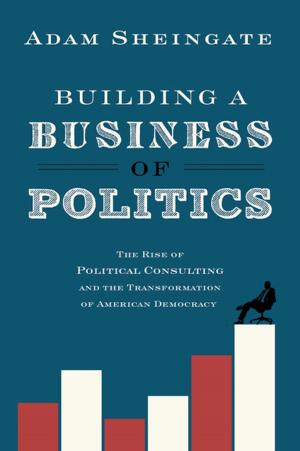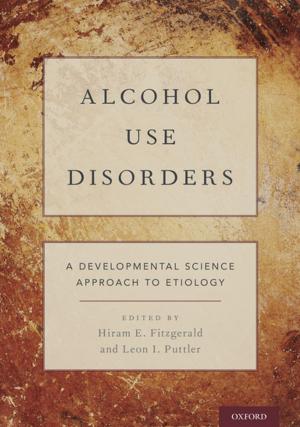Laughter on the Fringes
The Reception of Old Comedy in the Imperial Greek World
Fiction & Literature, Literary Theory & Criticism| Author: | Anna Peterson | ISBN: | 9780190697112 |
| Publisher: | Oxford University Press | Publication: | February 1, 2019 |
| Imprint: | Oxford University Press | Language: | English |
| Author: | Anna Peterson |
| ISBN: | 9780190697112 |
| Publisher: | Oxford University Press |
| Publication: | February 1, 2019 |
| Imprint: | Oxford University Press |
| Language: | English |
This book examines the impact that Athenian Old Comedy had on Greek writers of the imperial era. It is generally acknowledged that imperial-era Greeks responded to Athenian Old Comedy in one of two ways: either as a treasure trove of Atticisms or as a genre defined by and repudiated for its aggressive humor. Worthy of further consideration, however, is the degree to which both approaches, and particularly the latter one that relegated Old Comedy to the fringes of the literary canon, led authors to engage with the ironic and self-reflexive humor of Aristophanes, Eupolis and Cratinus. Authors ranging from serious moralizers (Plutarch and Aelius Aristides) to comic writers in their own right (Lucian, Alciphron) to other figures not often associated with Old Comedy (Libanius) adopted aspects of the genre to negotiate power struggles, facilitate literary and sophistic rivalries, and as a model for autobiographical writing. To varying degrees, these writers wove recognizable features of the genre (e.g. the parabasis, its agonistic language, the stage biographies of the individual poets) into their writings. The image of Old Comedy that emerges from this time is that of a genre in transition. It was, on the one hand, with the exception of Aristophanes' extant plays, on the verge of being almost completely lost; on the other hand, its reputation and several of its most characteristic elements were being renegotiated and reinvented.
This book examines the impact that Athenian Old Comedy had on Greek writers of the imperial era. It is generally acknowledged that imperial-era Greeks responded to Athenian Old Comedy in one of two ways: either as a treasure trove of Atticisms or as a genre defined by and repudiated for its aggressive humor. Worthy of further consideration, however, is the degree to which both approaches, and particularly the latter one that relegated Old Comedy to the fringes of the literary canon, led authors to engage with the ironic and self-reflexive humor of Aristophanes, Eupolis and Cratinus. Authors ranging from serious moralizers (Plutarch and Aelius Aristides) to comic writers in their own right (Lucian, Alciphron) to other figures not often associated with Old Comedy (Libanius) adopted aspects of the genre to negotiate power struggles, facilitate literary and sophistic rivalries, and as a model for autobiographical writing. To varying degrees, these writers wove recognizable features of the genre (e.g. the parabasis, its agonistic language, the stage biographies of the individual poets) into their writings. The image of Old Comedy that emerges from this time is that of a genre in transition. It was, on the one hand, with the exception of Aristophanes' extant plays, on the verge of being almost completely lost; on the other hand, its reputation and several of its most characteristic elements were being renegotiated and reinvented.
